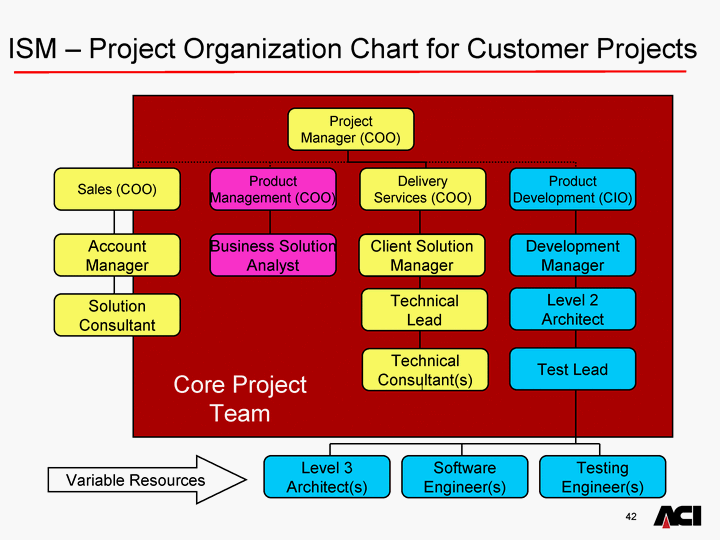Commercial Real Estate Contracts Can Be Halted By Attorneys: How So And Why?
Some might think that real estate is all about the agent, the broker, the seller, the owner, the buyer, the developer or even the property manager. It is. However, we’re only in the realm of residential real estate! That’s small pickings, honestly, and even then, there are heavy negotiations involved when it’s about a previous owner, family of four, and a new owner, a newly married couple. Everything from the patio to the backyard to the basement gets looked over for specifics. Don’t even get me started on inspection processes.
But commercial real estate? That’s an entirely different animal in the jungle. Knowing just how it works can lend you some serious clues as to why deals might ‘fall apart.’ They do, a whole lot more than any contracts for residential housing. Bear in mind that there are reasons why lawyers might feel the need to kill a contract.
Fact 1: Commercial Real Estate Transactions Are Riskier
Even aside from the legal aspect associated with small business and the commercial industry, the prospect of buying a structure for a company, per se, comes with some potential risks. That can include:
- Hazardous Materials
- Zoning Issues
- Location Suitability
- Mandatory Disclosures
Specifically, if your supposed location for a business doesn’t really fit the demographic of what you’re selling, believe it or not, you might run into roadblocks there. Of course, review your own city’s laws and see what you can do with your qualified business attorney.
Moreover, the subject of ‘mandatory disclosures’ are a more imperative issue. They need to be reviewed carefully. Why? Because they’re only legally stipulated in the residential sector. For commercial properties, there’s nothing stated in law to disclose anything about a structure. You have to make sure you ask, stipulate it in the contract, and if you can’t remember to do that, have a lawyer do it for you.
It’s actually a state of fact that in pretty much all cases, you’re left on your own to cover your bases and protect yourself against liabilities and any abusive lending practices out there. If you were trying to invest in a home, that’s one thing — but a business building is a completely different matter.
Fact 2: Some Contracts Do Go South or Sour
It’s part of the game, so just expect it. Sometimes it’s due to external forces, including….
- Market Conditions
- Lending Guideline Changes
- Pending Lawsuits
- Zoning Disputes
- Township Requirements
- Environmental Issues
Don’t fight it, though. Roll with it. In fact, it oftentimes is a good thing for a contract to die, because if a certain contract does go through, in the end it can mean unprofitable and often financially difficult prospects for the potential business owner.
This is where the consultancy need comes from, though. You need a well-deserved and skilled business lawyer to review the contract, evaluate the building itself and look at possibilities for the future to determine if this is a contract worthy of finalizing.
The Final Fact: That Lawyer Is Your Advisor
There will always be other ‘fish in the sea’ when it comes to the commercial real estate industry. The key, though, is to not only trust the attorney, but to know that the right fish are the ones you need to look out for.
Throw the guppies back in the ocean and keep looking for the bigger bass to fry.
Matt Faustman is the CEO at UpCounsel. You can follow his business insights on Twitter at @upcounsel.








